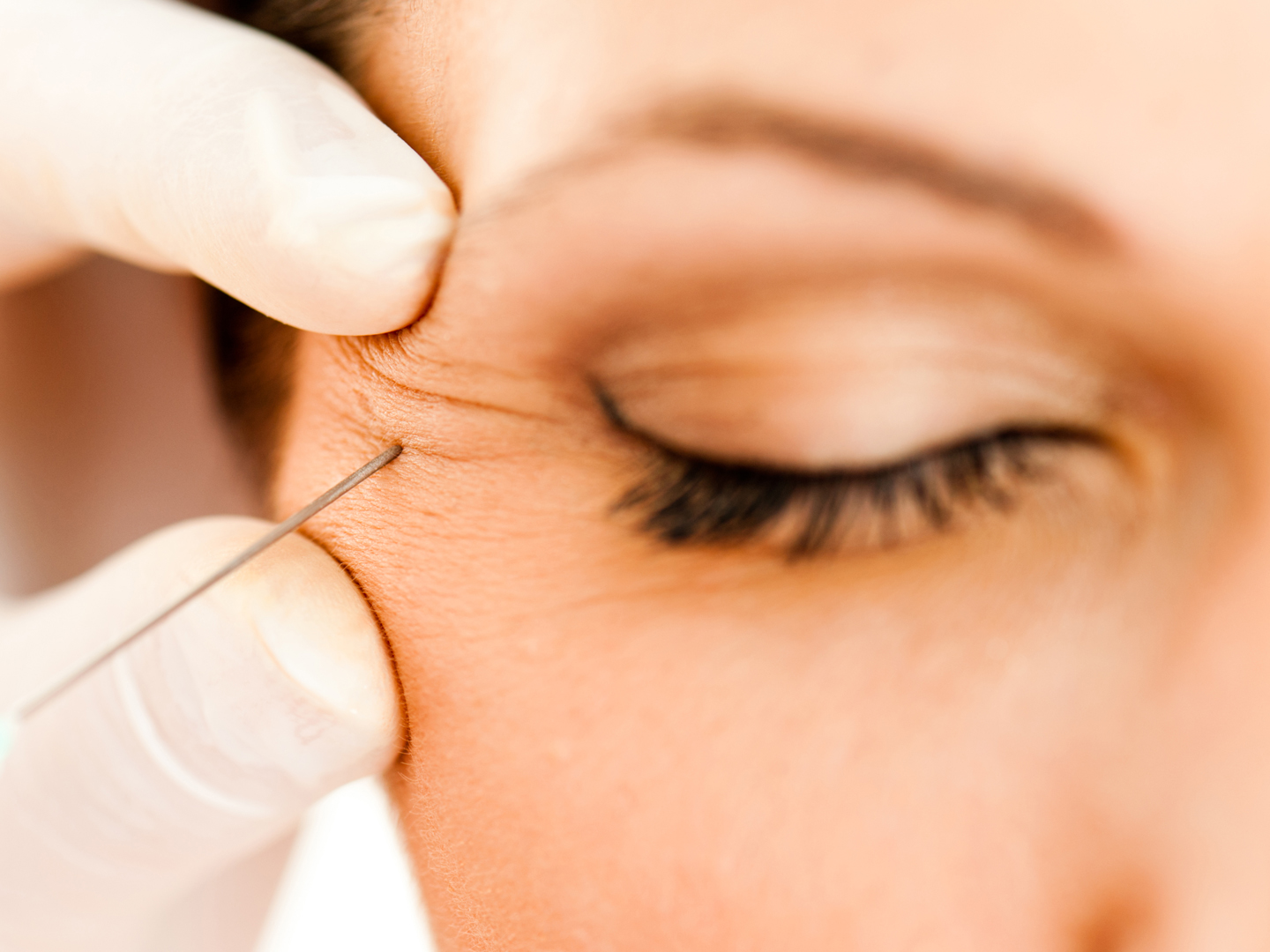Lutein: Good for Your Eyes and Heart?
What is your opinion of Lutein supplements for better vision?
Andrew Weil, M.D. | May 2, 2002

Lutein is one of the carotenoids, yellow and orange pigments found in many fruits and vegetables including mangoes, corn, sweet potatoes, carrots, squash, tomatoes and dark, leafy greens such as kale, collards and bok choy. It is the major carotenoid in the fruit and vegetable rich Asian diet, and a minor one in the typical American diet which doesn’t contain enough fruits and vegetables.
There is very good evidence that the lutein in food helps protect against cataracts and macular degeneration, two common, age-related eye disorders. Lutein and another carotenoid, zeaxanthin, form the yellow pigment of the retina and absorb blue light, a harmful component of sunlight. In addition, new evidence from a study completed last year showed that lutein may help protect against clogging of the carotid arteries in the neck, an indication of atherosclerosis, the disease that leads to most heart attacks. The study, at the University of Southern California, found that participants with the highest levels of lutein in the blood at the outset had no increase in plaque in the arteries throughout the 18 months of the study. Just the opposite occurred among those with the lowest lutein levels at the outset – arterial clogging worsened. The researchers also doused sections of human arteries removed during surgery with high concentrations of lutein. They found that these arteries attracted fewer white cells, which are involved in the process that results in clogging.
Despite the importance of lutein to eye and heart health, there are still many unanswered questions about the best way to get it. We don’t know if supplements have the same effect as naturally occurring lutein in fruits and vegetables. While some studies have shown that taking supplements can help improve vision slightly among people who already have cataracts or macular degeneration, there is only limited evidence that supplements can help prevent either of these conditions, and it remains unclear how much lutein is needed for prevention.
The best thing you can do to prevent eye disorders and heart disease is to make sure that your diet contains lots of the lutein-rich fruits and vegetables. In addition to the ones listed above, you can get zeaxanthin in orange bell peppers, oranges, corn and honeydew melon. Egg yolks also contain both lutein and zeaxanthin, but if you have high cholesterol, you’re much better off getting the yellow nutrients from fruits and vegetables.
Andrew Weil, M.D.









